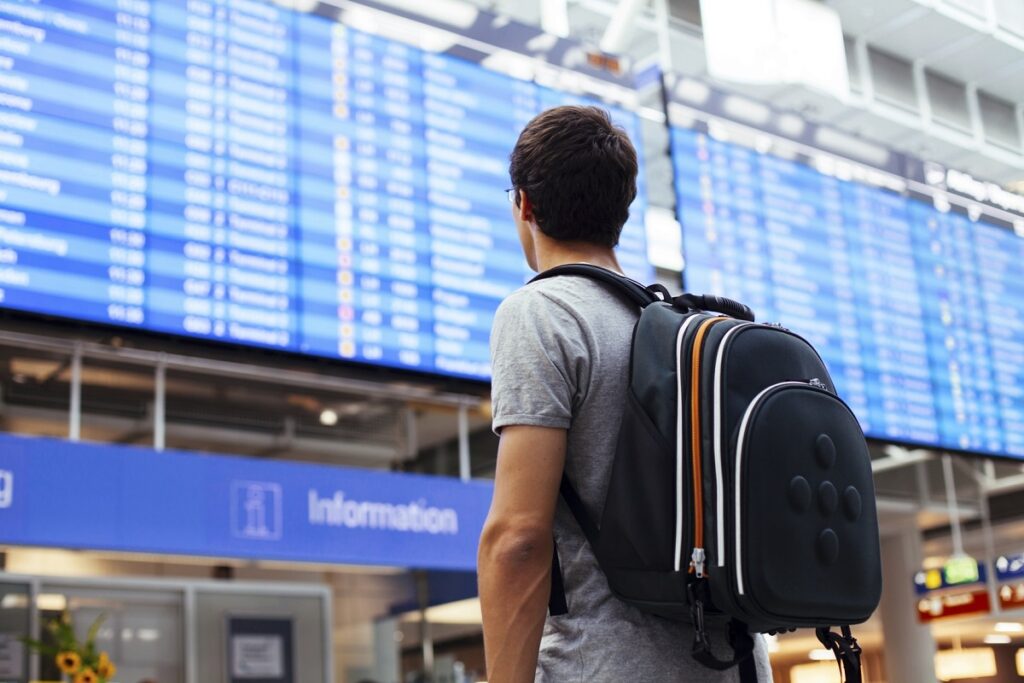Returning from an international assignment is often perceived as the easy part of the relocation process – experience gained, job done and the feeling of ‘home sweet home. But increasingly individuals and big businesses alike are recognising that ‘coming home’ is more complicated than it seems.
In fact, readjusting back to a culture, lifestyle and self that was once innate often becomes disconnected and surprisingly difficult due to the years spent living abroad, making it a psychologically and emotionally challenging time.
The expectation that you will fit back in to a culture and be held by its norms and social values again like the years away never happened is a big hurdle to overcome and experts in the field refer to this as ‘reverse culture shock’.
Small frustrations
Talking to people who have repatriated, especially after a long time overseas, it is clear the phenomenon exists but not often first recognised.
“You don’t expect there to be a cultural difference, you don’t prepare for it. You presume home is on a ‘pause button’,” said Angie, who lived in Mexico, Ecuador, UK, Tanzania and Sudan before repatriating to San Francisco.
Of course the assumption that everything back home has stayed the same is often proved wrong; in fact both home and yourself have changed and evolved, often quite significantly. Your personal cultural identity has shifted and you start to view the world differently to others. At Crown World Mobility we are increasingly seeing our clients and employees experience these issues following an international assignment.
The cruel joke about relocating and then repatriating is that culture shock happens twice! First when you arrive in a new destination and then when you return home.
Of course they are not exactly the same. Reverse culture shock can be subtle compared with the outbound version, it often comes in small bursts of frustrations and revelations like ‘I wish the British trains run like they do in Japan’ or ‘I don’t feel very American anymore…’ However, at its worse these thoughts result in a struggle to fully adjust and in its extremity lead to clinical depression.
Embracing home
Putting the negative consequences aside, the majority of repatriates readjust to their surroundings successfully and regain a connection to their home culture over time. But this regained connection is surprisingly different and somewhat distorted – making going home not as sweet as first thought.
Alyssa, who repatriated to Florida after six years in Italy said: “It’s a strange feeling. Everything seems less sparkly and there were no constant challenges. At times I felt isolated from my own culture and I needed to learn how to process this.
“The biggest challenge about repatriating is trying to find a balance of how to honour the international experience whilst embracing being home. When I moved back after nearly six years in Italy, I didn’t want to move back to the same place. I wanted to keep feeling engaged and be an expat still. I came back to America but to a different city.”
The biggest challenge is trying to find a balance of how to honour the international experience whilst embracing being home.
A desire to continue the expatriate experience has become a coping mechanism for many repatriates. However, the longing to relocate again can also keep an individual uprooted and reluctant to overcome reverse culture shock – undermining the effectiveness of managing their own transition.
As Paula, who is originally from Colombia but who now lives in the US after assignments in the UK and Singapore, said: “I don’t feel 100% at home when abroad and I long for Colombia. When I’m in Colombia, I long for the things I miss in the USA.”
Unable to relate
A trend we discovered from our research is that repatriates are unable to share their international experience with others back home, meaning the experience remains a very personal and isolating one. It is not because of people’s lack of interest regarding the assignment but rather them being unable to relate to it.
Paula added “The biggest challenge about repatriation is to understand that the experience, feeling of achievement you want to share is not appreciated by others at home. You need to learn how to figure out other topics to talk about and be engaged by in order to build relationships.”
The culture shock here is invisible and not as obvious as remembering to drive on the other side of the road again. Managing these challenges, frustrations and revelations during repatriation is key for a successful adjustment and why repatriation training is invaluable.
Here are some tips on how to make the homecoming successful:
Five tips for repatriation
- Plan your return! Be aware that going home can be even more challenging than going on assignment.
- Recognize that reverse culture shock is a normal experience.
- Understand that talking too much about your international experience may alienate people back home. Make sure relationships are maintained and built upon – be open-minded and do not judge people who have stayed.
- Businesses should have ‘re-integration into the workplace’ programmes for their repats. For instance, a one or two-day repatriation training workshop focusing on their personal adjustment and also how the company can utilise the skills gained abroad.
- Think about the value of repatriation training. It maximises the skills and insight gained abroad whilst simultaneously leveraging the experience so the individual can reintegrate back in to the home culture. It can also help manage feelings of uncertainty and disconnectedness and offers assignees an opportunity to reflect on their experiences while planning for their future personal and professional growth.






